The equipment appears unspectacular at first glance: Fed by wood, a fire burns in the one-meter-tall brick fireplace, heating the water in the pot above it. Cinnamon bark is cooking inside as its volatile essential oils are separated from the liquid by the rising steam and fed through a pipe into a container as condensation. Once the distillate is finished, the product is filtered and can then be used. Symrise presented four of these simple but efficient systems to various villages in Madagascar in 2016.
The investment has had a huge impact and is a win-win situation: “Vanilla farmers can create additional products like this cinnamon oil with these distillations. That makes them less dependent on vanilla cultivation and so allows them to improve their livelihood,” says Dr. Benoît Join, who is responsible for innovations in the Oral Care business unit and Natural Raw Materials. “And we can draw on a broader range of raw materials by sourcing other essential oils from Madagascar.”
The four systems are part of Symrise’s numerous initiatives on the island. Many steps later, the purchase of vanilla has given way to a comprehensive strategy that ensures the company a sustainably cultivated, high-quality raw material that can be traced at all times. At the same time, Symrise has had a positive impact on the entire value chain and thereby on many aspects of the living conditions for the farmers in Madagascar.
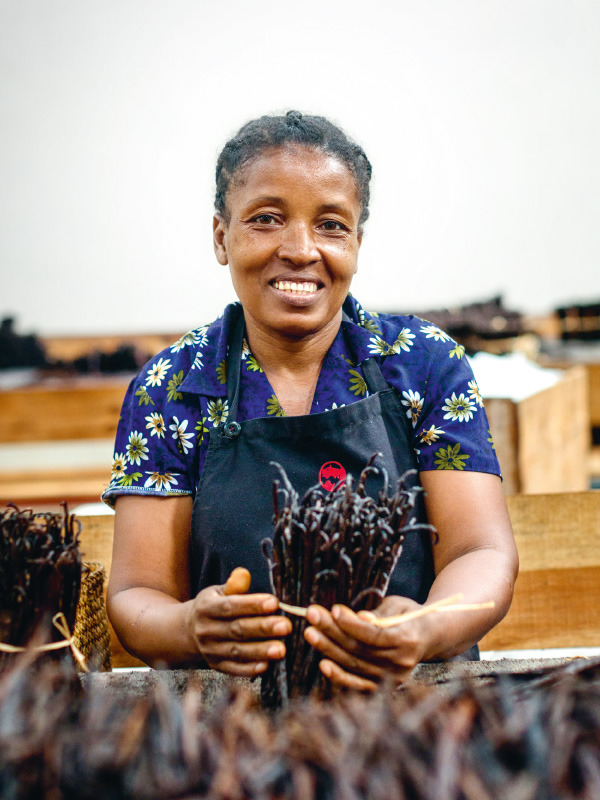
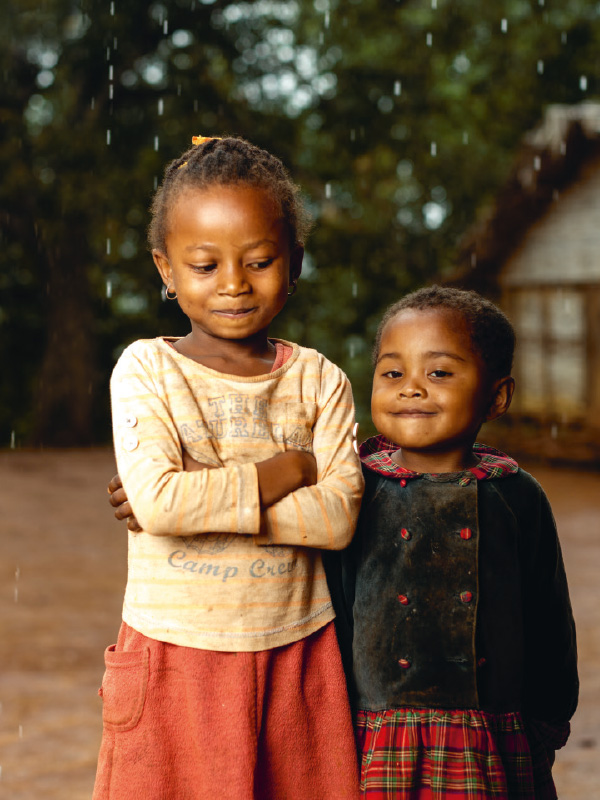
Working together to ensure better living conditions for vanilla farmers
In collaboration with the Unilever food corporation and the state-run German Society for International Cooperation (GIZ), Symrise has been supporting vanilla farmers in Madagascar since 2013. A new partner will be joining us at the beginning of 2017: The Save the Children organization, which has been fighting for children’s rights and protection around the world for more than 90 years. The joint initiative should reach 50,000 people in 10,000 households in more than 70 villages, of which some 70 % live below the poverty line and with highly unstable income.
Funded by the develoPPP.de program of the German Federal Ministry for Economic Cooperation and Development (BMZ), the initiative will improve the economic base for families, education for children and environmental protection over the next three years. Only then can the cycle of poverty that has affected families for generations be broken.
Commitment to the farmers and their families
More than 30,000 people in 90 villages now benefit from the various measures initiated, financed and promoted by Symrise – either alone or in collaboration with partners such as the Unilever food corporation and the German Society for International Cooperation (GIZ). There’s a whole host of examples of social, environmental, economic and educational projects. For instance, Symrise distributed 250,000 seedlings to farmers to ensure that they and their families have enough to eat. The company also distributed 234 tons of rice, which is the most important food staple in Madagascar. More than 10,000 people also enjoy the benefits of health insurance, which the Group initiated and supports financially.
Symrise organizes and finances training courses for farmers in order to familiarize them with sustainable cultivation methods and thus to preserve nature, as well as with tree nurseries to ensure the supply of vanilla alternatives. To improve education for children, the company supports 76 elementary schools and three schools with a focus on agriculture. And finally, the company has designed its own factory in Madagascar to be as sustainable as possible: The wastewater is biologically purified, while biomass – sourced from the trees planted by the company – is used to generate steam.
The new products fit in with this strategy. They’re grown locally and processed directly by the farmers using the distillation systems, which a team of Symrise engineers has thoroughly examined. “This allows us to avoid the transport of raw goods, which has two benefits: The quality of the materials is maintained and we reduce CO2 emissions by moving only a fraction of the mass from one place to another,” says Benoît Join.
These products offer maximum diversity and top quality. They’re generated – and this is new – in various regions of the island, which have very different microclimates and thus growing conditions. In the region where vanilla primarily grows, for example, the farmers now also grow vetiver. The robust, sweet grass is used to distill an intensively woody and earthy-smelling oil for perfumes. “We’re now looking for even more farmers who can produce that for us,” explains Benoît Join. The benefits for the farmers are significant: “Vetiver grows without requiring much time and effort from the growers and, with its deep roots, it holds the soil in place, thus preventing erosion and helping to maintain habitats.” And its deep roots also make it more difficult to steal – theft of the vanilla harvest is always a problem.
We’re expanding the range of raw materials to include ginger, cinnamon and geranium.Benoît Join, Responsible for innovations in the Oral Care business unit and natural raw materials
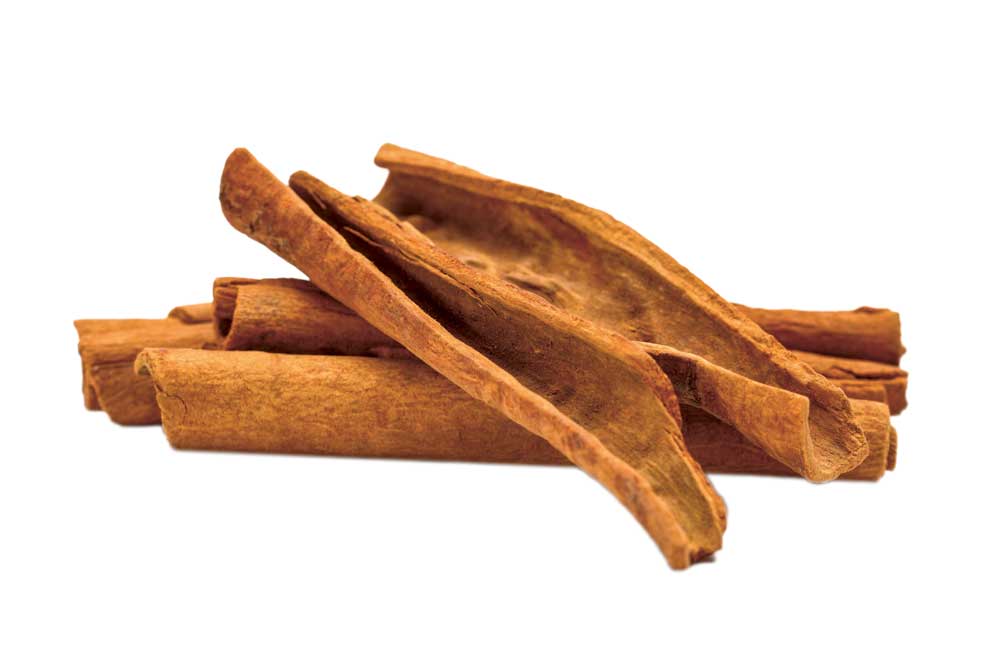
Cinnamon bark
Only the best bark is used for the best oil.
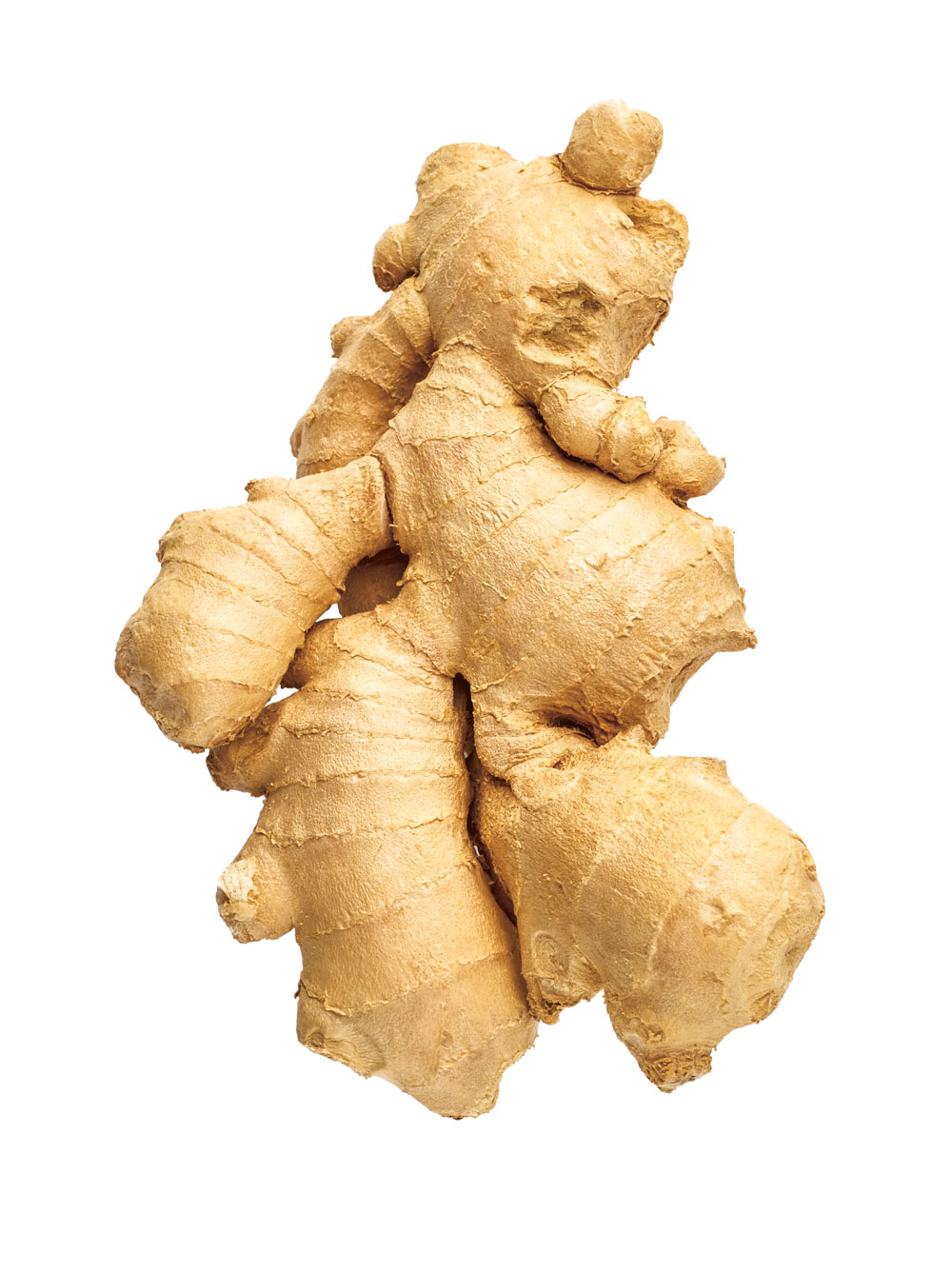
Ginger
Aromatic essential oils are extracted from the rhizome of the plant.
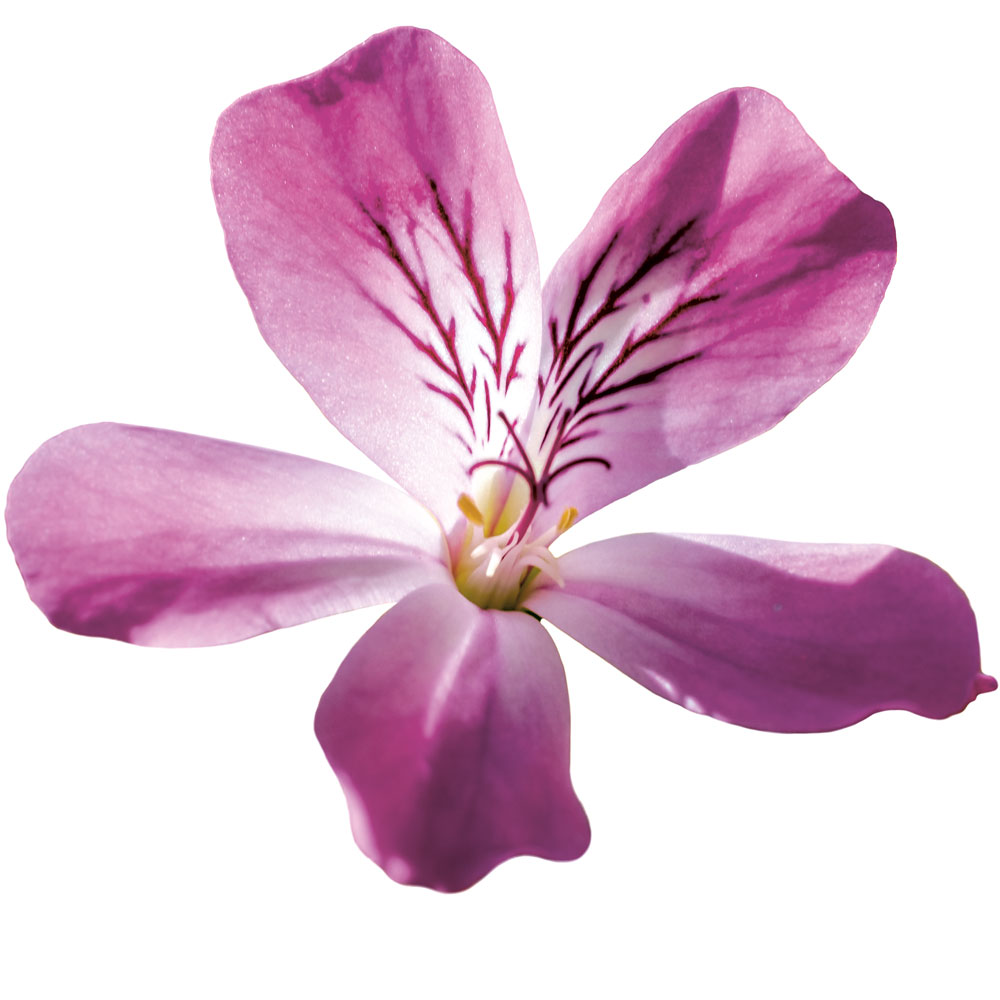
Geranium
The essential oil is derived from the leaves of the pelargonium plant.
The range of raw materials is ever expanding
Additional raw materials flow into a Symrise collection launched in the fragrances segment and going by the brand name ‘Millesime’. The French term represents a special year, such as in the context of Champagnes and wines, for instance. Products include the two Madagascar classics Vanilla Gold Extract and Vanilla Caviar Absolute. “But we’re also expanding the range of raw materials somewhat to include ginger, cinnamon and geranium,” explains Benoît Join.
The company uses cinnamon bark to create Golden Cinnamon, an oil incorporated into oral care products. “Until now, products like these have often been extracted from the entire plant, which is much cheaper,” says Join. But that also means lower quality. Undesired byproducts can also be avoided. “We’ve found a vanilla farmer in Madagascar who can extract premium-quality vanilla from just the bark using one of the distillation systems.”
When it comes to ginger, Symrise works with an NGO. In the future, this collaboration should resemble the model with the farmers in the vanilla region. “We promote local manufacturing and want to support health care and drinking water projects and ensure eco-friendly cultivation,” explains Join. The distillation activities there are part of a farmers’ cooperative, from which Symrise purchases the raw material, which is sold on the market as Grand Cru Ginger.
The geranium also takes the form of an essential oil. Extracted from the leaves of the pelargonium plant, the raw material is replacing another product in the extensive Symrise range, as it offers purer quality. “While we already had a functioning material, we can now sell a much cleaner version with better fragrance characteristics,” says Join. Symrise is working with a plantation near the capital city of Antananarivo that manufactures a certified organic product.
All of the innovations were either developed or thoroughly tested in the company’s Research and Development department. “In some cases, it takes a very long time to achieve the maximum quality that is also reproducible,” says Benoît Join, explaining the time and effort required. “We’re on a very good course with the oils that we’ve already made available – and with the whole range of sustainably manufactured products from Madagascar, which will be launched in the fragrances segment in the years to come.” The initial commercial profits in the Fine Fragrances business unit round off the success for Madagascar, Symrise and our customers.
